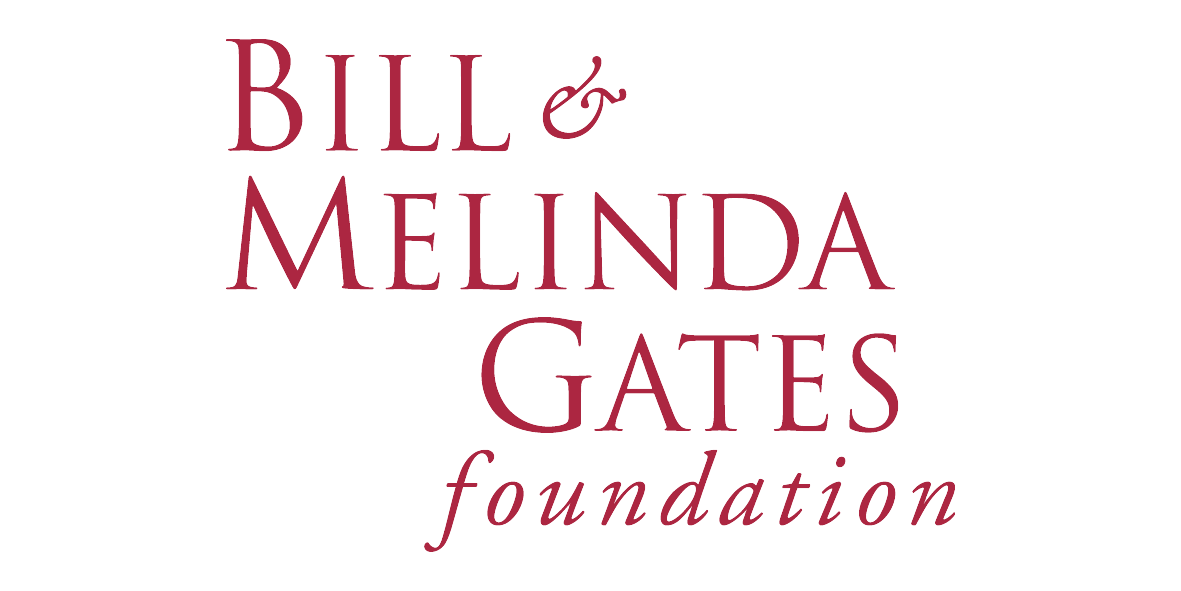This report documents the degree to which the Administration and Congress have made progress in achieving the changes in US government policy that were recommended in 2009.
Key Findings
In February 2009, The Chicago Council on Global Affairs released the report Renewing American Leadership in the Fight Against Global Hunger and Poverty. That report laid out a comprehensive strategy for the Administration and Congress to secure global food availability by refocusing and reinvesting in agricultural development in Sub-Saharan Africa and South Asia.
This 2011 Progress Report documents the degree to which the Administration and Congress have made progress in achieving the changes in U.S. government policy that were recommended in 2009. It is the first of several annual reports intended to monitor the pursuit of long-term national goals, whose results will be seen in the future stability and prosperity of today’s food-security hot spots. Policy and institutional changes in pursuit of those goals were graded by Chicago Council staff after reviewing reports and official documents and interviewing agency personnel and observers. It must be underscored that this report assesses only policy development, implementation, and related organizational change, not the actual impact of U.S. agricultural policy on the ground in the targeted regions and countries.
In addition to evaluating the specific policies targeted in the 2009 recommendations, the Progress Report includes the results of an informal online survey on whether U.S. leadership in global agricultural development has strengthened or weakened in the past year. The results of the survey are presented separately and were not factored into the grading process; they are included here to supplement the assessments of The Chicago Council with the views of a broader constituency interested in agricultural development policy.
The 2011 Progress Report shows that the U.S. is indeed exerting stronger leadership in global agricultural development, with positive changes since 2008 in the directions recommended by The Chicago Council. Improvements so far have occurred in the context of a deep recession and severe budget constraints and have consisted mainly of building partnerships and making organizational changes to improve the efficiency of new investments. U.S. government institutions have been significantly reoriented and restructured to deliver more effective agricultural development programming. This is a substantial achievement in itself, but much more is needed.
Whether improved U.S. policies actually translate into improvements on the ground now depends mainly on the magnitude of effort and the extent to which these investments are funded over time. The return of food price volatility in 2010-11 stresses the urgency and extent of the global food-security challenge. As the 2009 Renewing American Leadership report indicated, the fight against global hunger and poverty requires both immediate action and a sustained, longterm commitment. It is the responsibility of both the Administration and Congress to maintain the current momentum, as persistent threats call for equally persistent leadership.





